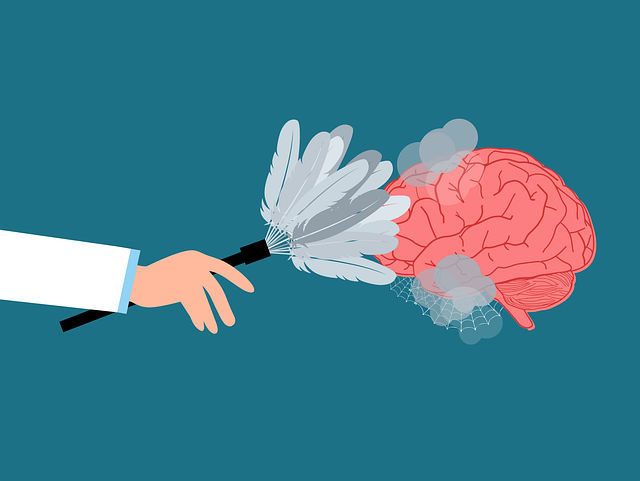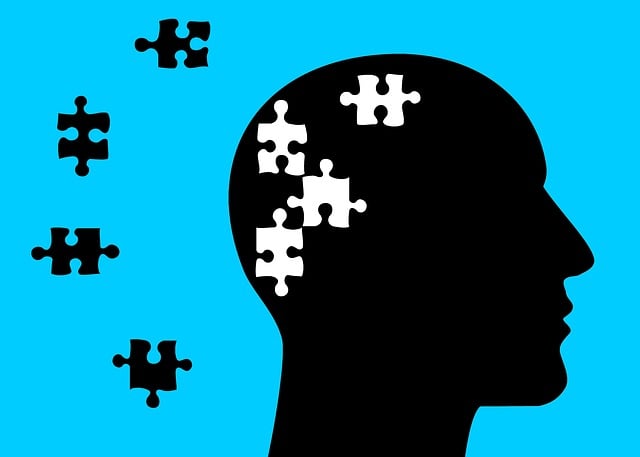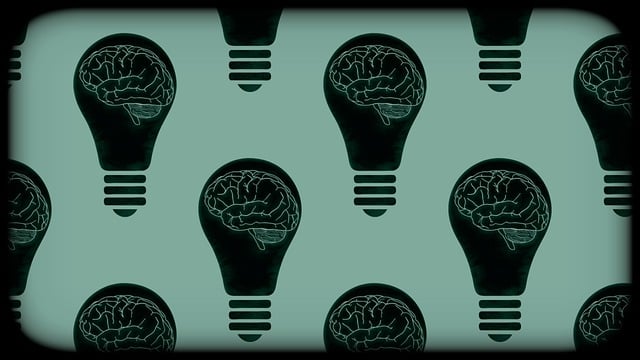Depression among youth is a growing concern, impacting their school performance, social life, and relationships. Early intervention is crucial, and Golden Children Therapy offers a revolutionary approach. This therapy teaches stress management, emotion regulation, and resilience through mindfulness, CBT, and social skills training, empowering at-risk youth to take control of their mental health. Combining lifestyle changes like balanced diets and exercise with professional support, Golden Children Therapy builds robust defenses against depression, fostering adaptability and open communication about mental health.
Depression among youth is a growing concern, but proactive strategies can help prevent this debilitating condition. This article explores comprehensive approaches to safeguard our young people’s mental health. We delve into the profound impact of depression on adolescents and its long-term effects. Emphasizing the unique benefits of Golden Children Therapy, we discuss how it can be a powerful tool in prevention. Additionally, lifestyle adjustments, coping skills, building resilience, and accessing support networks are highlighted as essential components in creating a resilient foundation for mental well-being.
- Understanding Depression and Its Impact on Youth
- The Role of Golden Children Therapy in Prevention
- Lifestyle Changes and Coping Mechanisms
- Building Resilience and Seeking Support
Understanding Depression and Its Impact on Youth

Depression among youth is a growing concern, with many young individuals facing this mental health challenge. It’s essential to understand that depression is more than just feeling sad; it’s a complex condition that can significantly impact a person’s ability to function and enjoy life. For youth, this can mean struggles in school, social isolation, and difficulties forming and maintaining healthy relationships. These challenges can be exacerbated by the unique pressures of adolescence, including peer pressure, academic expectations, and the process of identity formation.
Early intervention is crucial, and recognizing the signs is the first step. Many young people might not express their feelings openly, so it’s important to look for behavioral changes. Golden Children Therapy offers a unique approach to addressing mental wellness in this demographic, focusing on Mind Over Matter principles to help youth develop coping skills. By teaching them to manage stress, regulate emotions, and cultivate resilience, this therapy empowers young individuals to take control of their mental health, fostering a sense of self-awareness and adaptability that can be invaluable in preventing and managing depression.
The Role of Golden Children Therapy in Prevention

Golden Children Therapy offers a unique and innovative approach to depression prevention, particularly focusing on at-risk youth. This therapeutic method recognizes that early intervention is key in mitigating the onset of depressive disorders. By targeting children and adolescents, the therapy aims to build resilience and foster healthy coping mechanisms before depression has a chance to take hold. It employs various techniques, such as mindfulness exercises, cognitive behavioral therapy (CBT), and social skills training, tailored to each individual’s needs.
Incorporating Golden Children Therapy into mental health services can be a powerful tool for healthcare providers. This is especially relevant in the context of Risk Management Planning for Mental Health Professionals and Healthcare Provider Cultural Competency Training. By integrating this approach, professionals can enhance their ability to prevent depression while also addressing cultural sensitivities, as outlined in various Mental Health Policy Analysis and Advocacy initiatives.
Lifestyle Changes and Coping Mechanisms

Depression prevention strategies often involve significant lifestyle changes and effective coping mechanisms. Adopting a balanced diet rich in nutrients can profoundly impact mental health, as can regular physical activity and adequate sleep. These simple yet powerful tools have been shown to strengthen resilience against depression, according to Golden Children Therapy.
Incorporating confidence-boosting activities, such as mindfulness practices or compassion cultivation, can also be transformative. Mental Illness Stigma Reduction Efforts underscore the importance of fostering a supportive environment where individuals feel comfortable seeking help. By combining these strategies with professional support when needed, one can create a robust defense against depression, promoting overall well-being and enhancing life satisfaction.
Building Resilience and Seeking Support

Building resilience is a cornerstone of depression prevention, especially for young individuals navigating life’s challenges. Golden Children Therapy emphasizes fostering adaptability and coping mechanisms to face setbacks head-on. Through this therapy, individuals learn to identify triggers, manage stress, and develop positive thinking patterns. By equipping themselves with these skills, they can better withstand emotional storms and maintain a sense of equilibrium.
Seeking support is another vital aspect. Encouraging open communication about mental health issues breaks down stigma and paves the way for timely intervention. Whether it’s reaching out to trusted friends and family or enrolling in support groups, having a strong support network significantly enhances one’s ability to cope with depression. Additionally, conflict resolution techniques learned through therapy sessions can help individuals navigate interpersonal challenges more effectively, contributing to better mental health outcomes and overall well-being, including relief from anxiety.
Depression among youth is a pressing issue, but with proactive strategies, we can foster resilience and promote well-being. By combining evidence-based practices like Golden Children Therapy with lifestyle adjustments, we empower young individuals to navigate life’s challenges. Encouraging open conversations about mental health, adopting healthy coping mechanisms, and building supportive networks are key. Through education and early intervention, we can ensure a brighter future for our youth, helping them thrive and reach their full potential. Let’s embrace these prevention strategies to create a more supportive environment for our young people.














